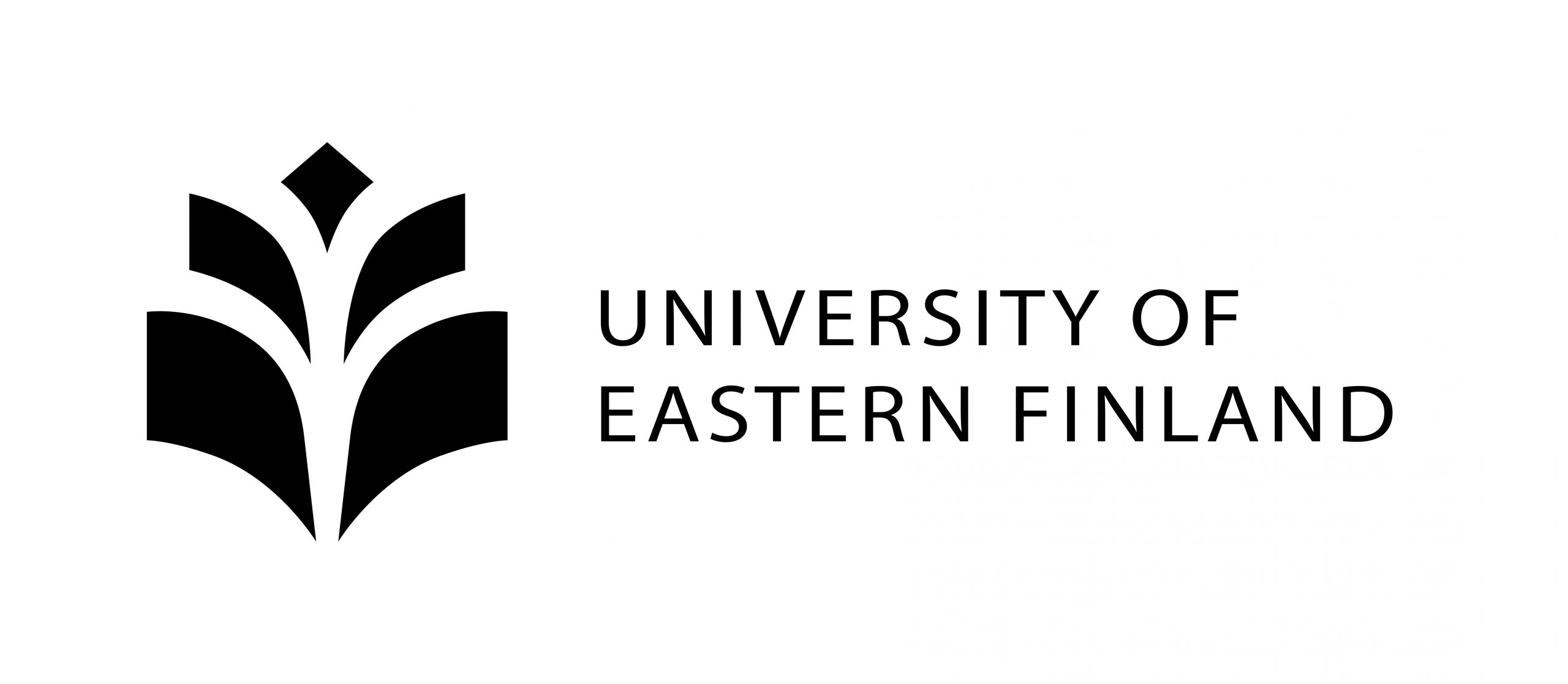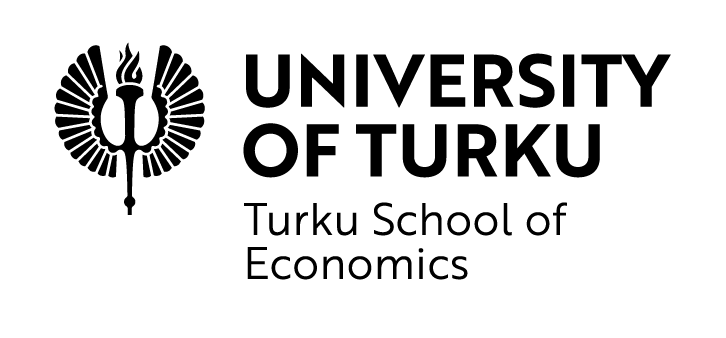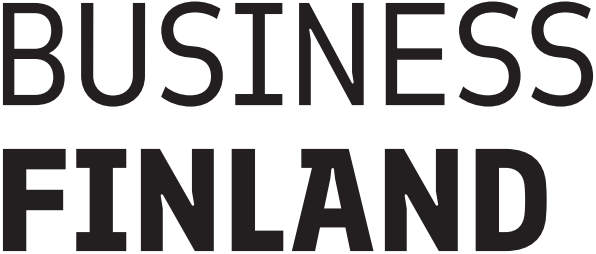HIWE studies the experiences of a diverse group of highly skilled internationals across several industries in Finland. We want to understand more deeply how they have experienced the Finnish labor market, working life, the possibilities of entrepreneurship, and generally living and coping in Finnish society. We also look at how the local and national ecosystems supporting internationals’ work, innovation activity and entrepreneurship and current policies respond – or not – to the needs of skilled internationals. We will use these findings to engage multiple stakeholders to develop a more collaborative model for policy making where internationals themselves get to have a say in issues and decisions which impact their lives.
The HIWE project is funded by Business Finland and implemented jointly by the University of Eastern Finland and the University of Turku from October 2022 to September 2024.




